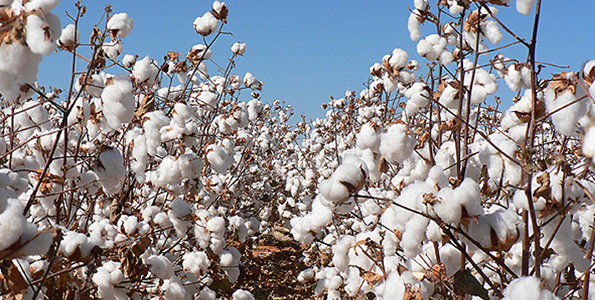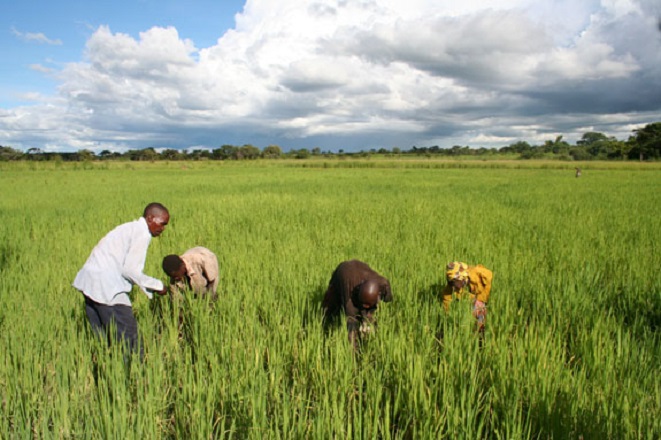Tanzania: Cotton Contract Farming Held Back By Old Agricultural Practices

Mwanza — Contract farming may fail to boost cotton production as expected due to failure to adopt modern agricultural practices, the Cotton Board Director General, Marco Mtunga has cautioned.
He told District Commissioners, District Executive Directors and District Agricultural Officers from 33 districts of Western Cotton Growing Area here yesterday that most farmers were still not following modern cultivation methods in cotton planting including proper spacing and use of fertilisers.
Mr Mtunga also said in most cotton farming areas, cotton plants were not uprooted and burnt after harvesting which allow cotton pests to survive the whole year and lead to increased infestation in the following season.
Mixing cotton with maize in one plot was also another drawback to cotton production whereas it has been proven by research that this type of crop mixture gives only five bolls per plant instead of 30 harvested in cotton pure stand, he said adding farmers are advised to plant these crops on separate plots and following recommended agricultural practices.
However said despite the drawbacks, contract farming was credited to improving cotton farming by looking at key parameters such as increased cotton farming area, seed uptake, levels of distribution of pesticide and service provision to farmers, he said.
According to him challenges facing the initiatives required joint collaborative efforts from all stakeholders in order to boost cotton production. Effective implementation of contract farming largely depended on the contribution of regional governments and district councils which are the implementers and supervisors of the agricultural policies through extension workers employed by councils, he said.
The government leaders attending the meeting came from Mwanza, Shinyanga, Simiyu, Geita, Mara, Tabora, Singida, Kagera and Kigoma met in a meeting organised jointly by the Tanzania Cotton Board (TCB) and the Cotton Sector Development Programme (CSDP) of Gatsby Africa with an aim to bring the stakeholders together to find solutions for improving the status of contract farming and to develop longterm outcomes for the cotton sector.
Mr Mtunga said cotton farmers and stakeholders need to focus more on improving productivity and quality so as to attract better prices for the crop. “We need to put emphasis on increasing productivity and improvement of quality in cotton farming which would automatically lead to better market prices.
” If we double or triple the productivity we will have doubled or tripled the farmers’ income. Tanzania pays higher prices for cotton than all countries in Eastern and Southern Africa, where Tanzania 53 US cents, Zambia pays 40 US cents, Malawi 45 US cents and Mozambique 38 US cents.
The Cotton Sector Development Program Director, Duncan Rhind said that farmers, ginners, district officials, and the central government should work together to raise farmer productivity which is critical to increased cotton production which would increase export earnings and lead to economic growth.
“More high quality cotton will boost textile industry while better quality cotton lint means price rises which would translate to improved living standards of millions of smallholder farms in Tanzania”, he said. “It is very important for the government to create a conducive environment for ginners to invest more in contract farming by protecting their investment. However, he also added that it is also important for the government to ensure that ginners are meeting their contractual obligations to protect interests of the cotton growers”.
He insisted that were the basics of reaping the benefits of contract farming and creating a win-win situation to farmers, investors and respective district councils.
The Tabora District Commissioner, Queen Mlozi who chaired the meeting commended TCB for the milestones achieved through contract farming and recommended that more empowerment to farmers is still needed to address challenges facing farmers including lack of sufficient inputs.





